Managing & Rewarding Performance Presentation: HR5005 UEL, Term 2
VerifiedAdded on 2022/08/13
|8
|529
|19
Presentation
AI Summary
This presentation delves into the critical aspects of managing and rewarding performance within organizations. It highlights the beneficial effects of an efficient reward system on employee performance, motivation, and organizational productivity. Key elements of performance management, such as setting performance goals, instilling ownership, and implementing pay-for-performance strategies, are discussed. The presentation also emphasizes the importance of reviewing employee performance to align individual work with business goals, identify underperformance, and define career pathways. Real-world examples, like Xerox and Wal-Mart, illustrate the application of reward systems. The presentation concludes that effective performance management programs enhance organizational performance, improve employee retention, and contribute to skill development. This resource, contributed by a student, is available on Desklib, a platform offering AI-powered study tools and a wealth of academic materials.
1 out of 8
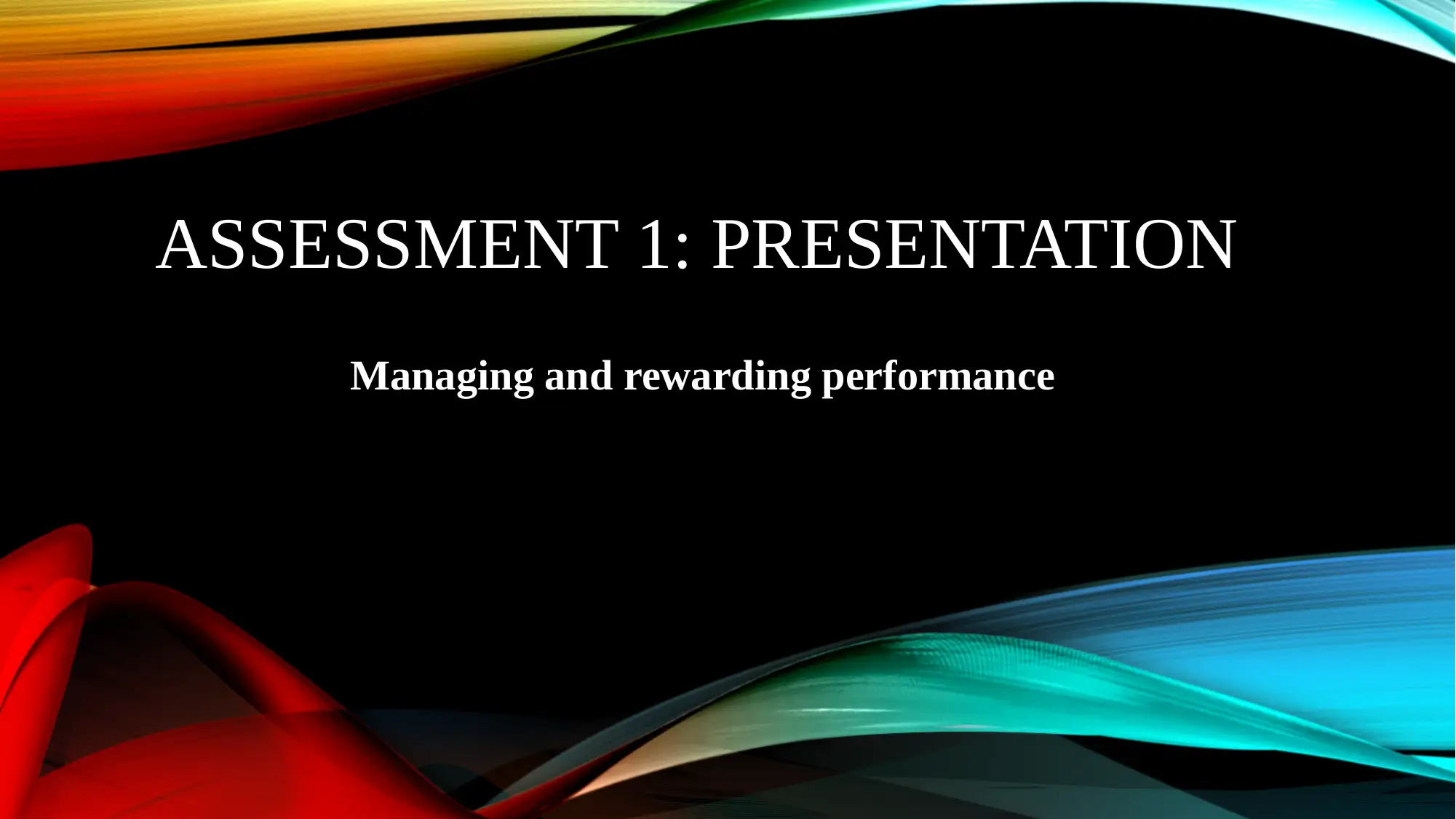
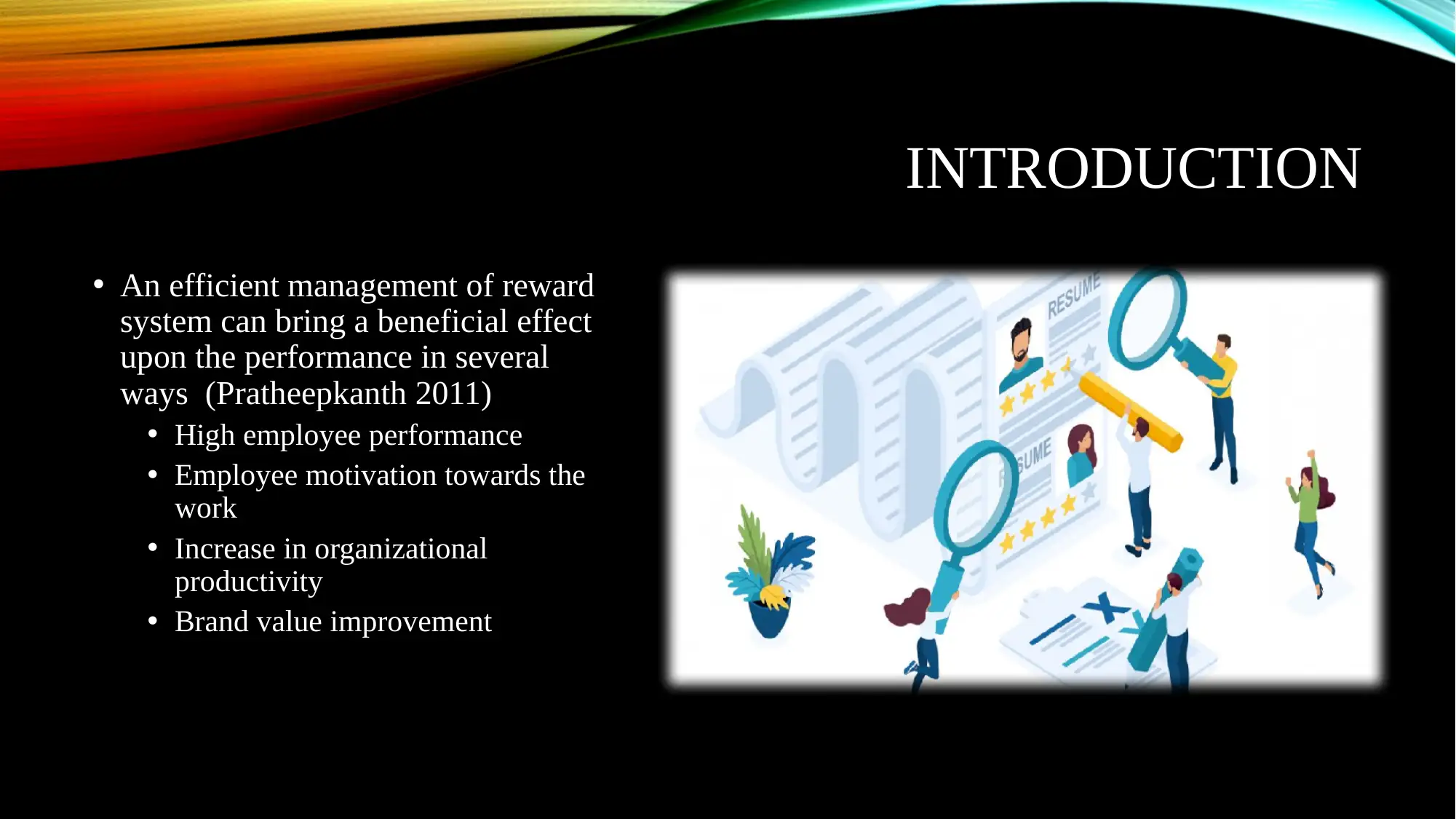
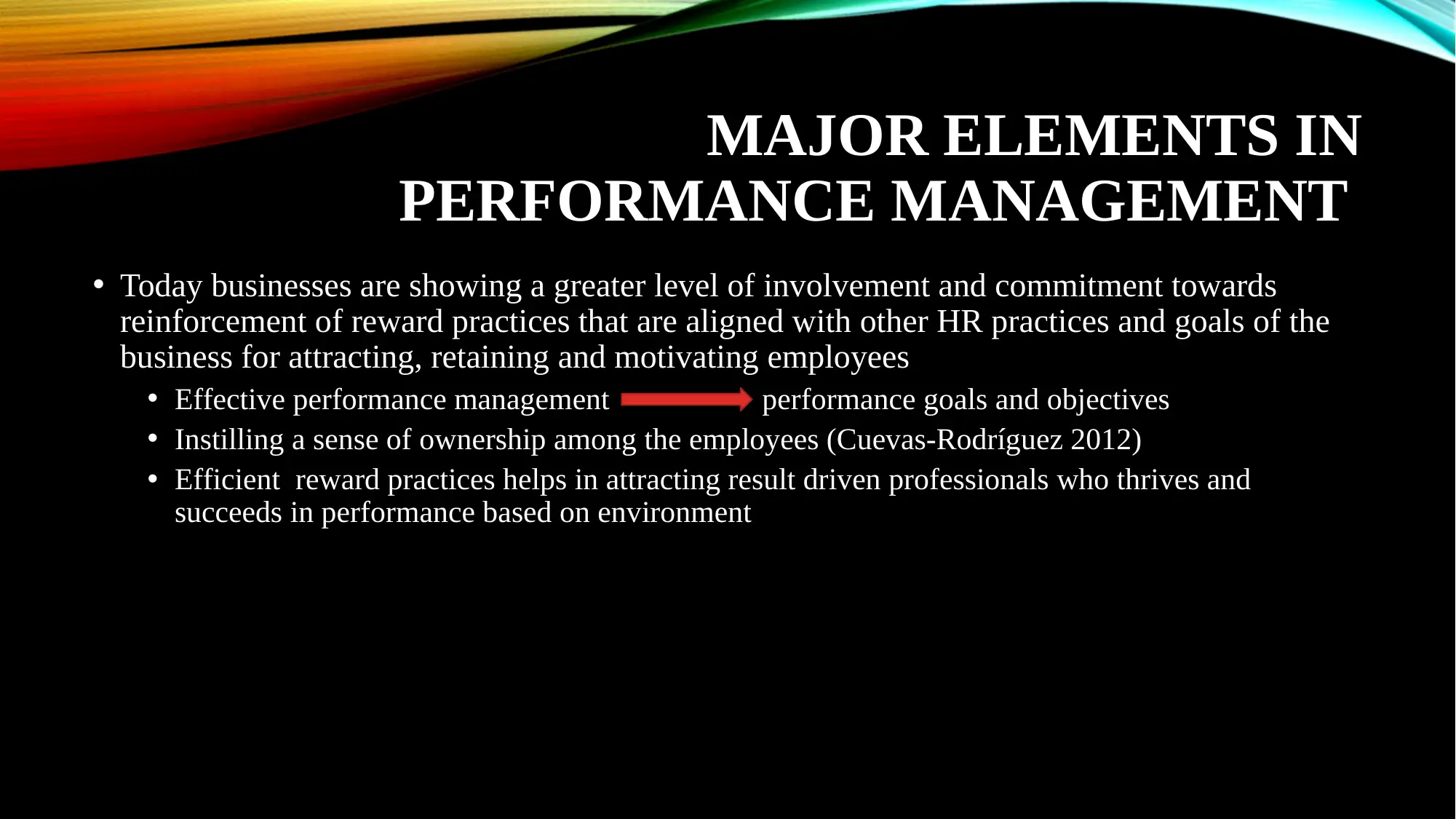

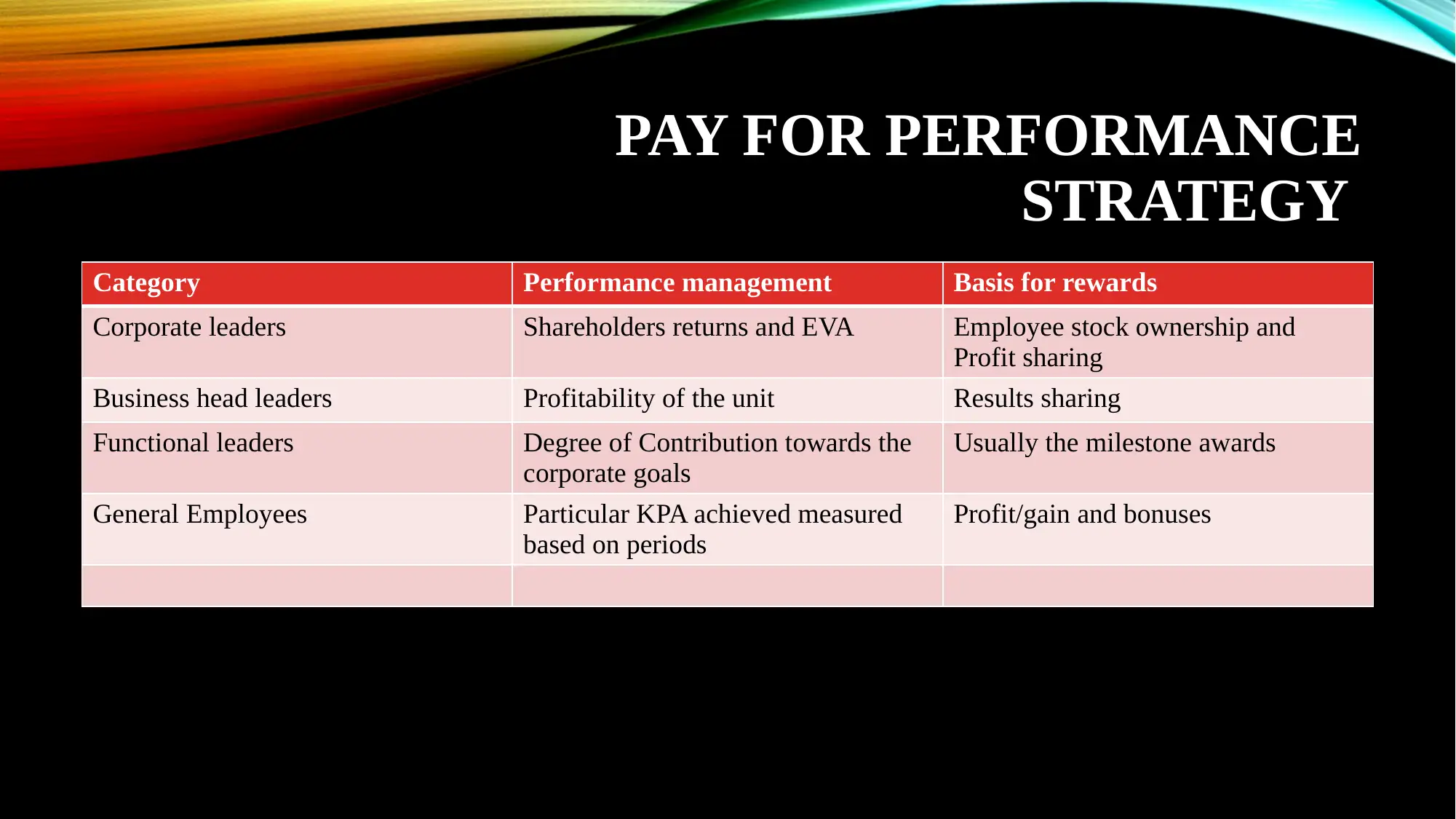
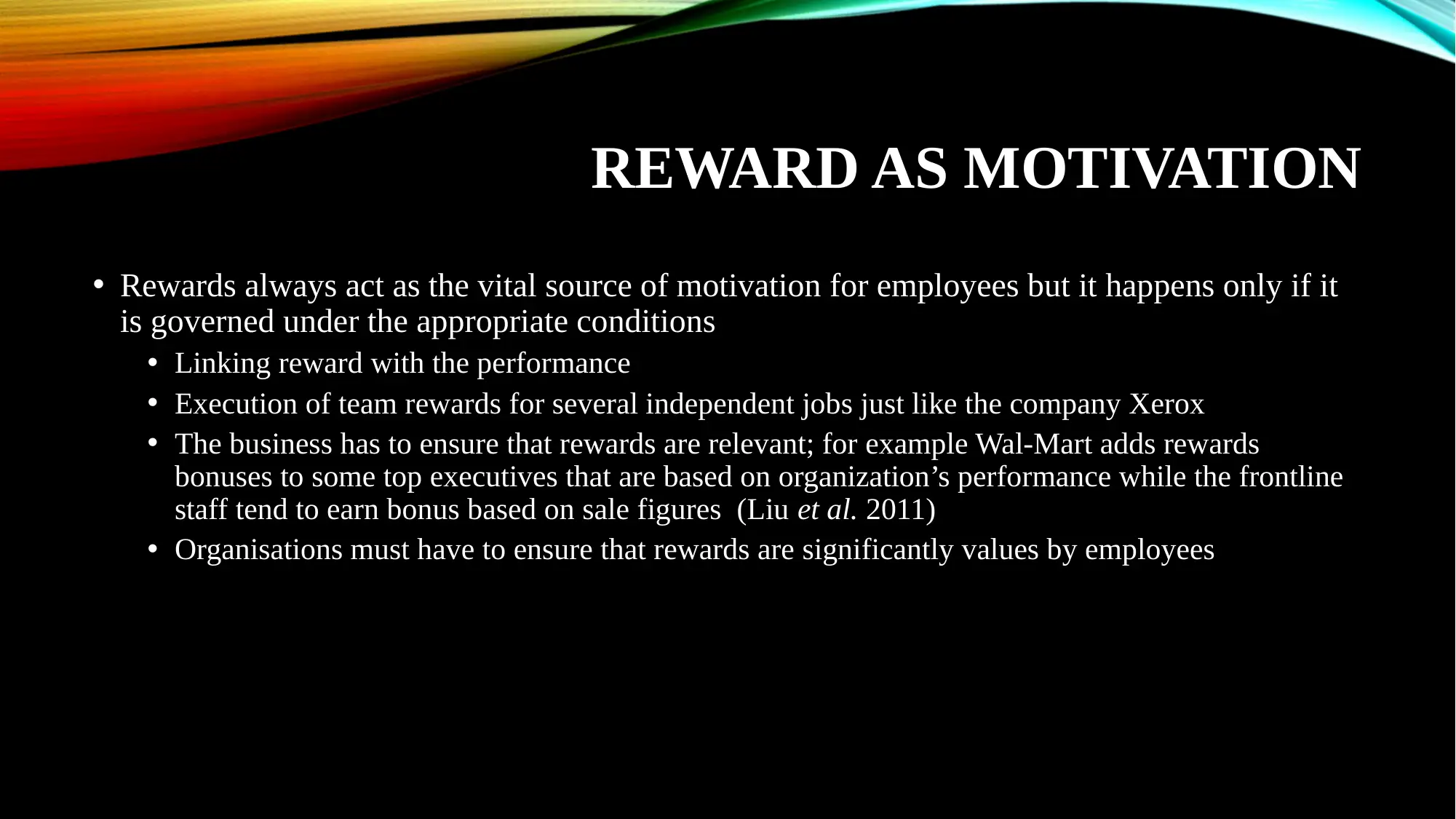
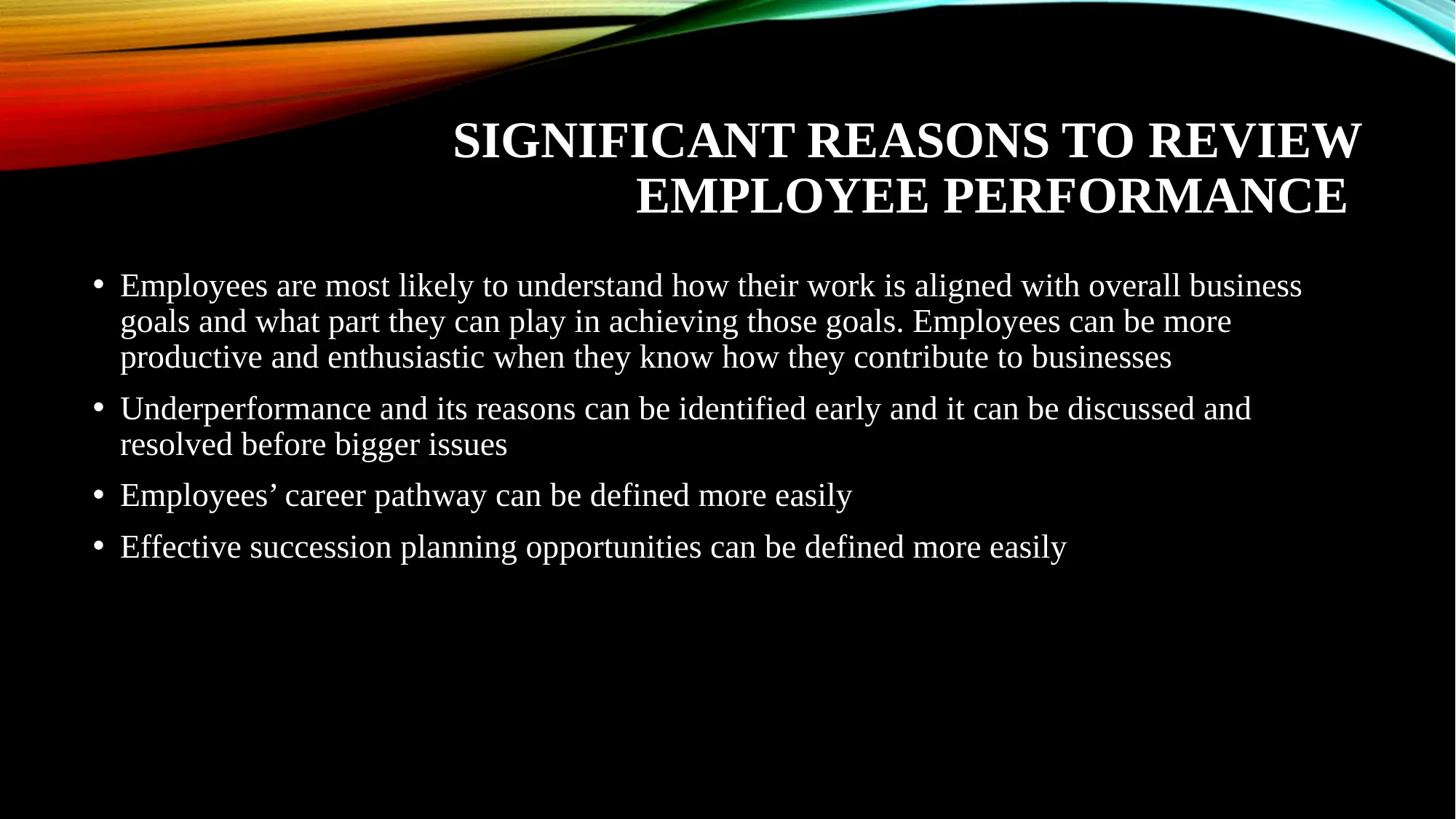
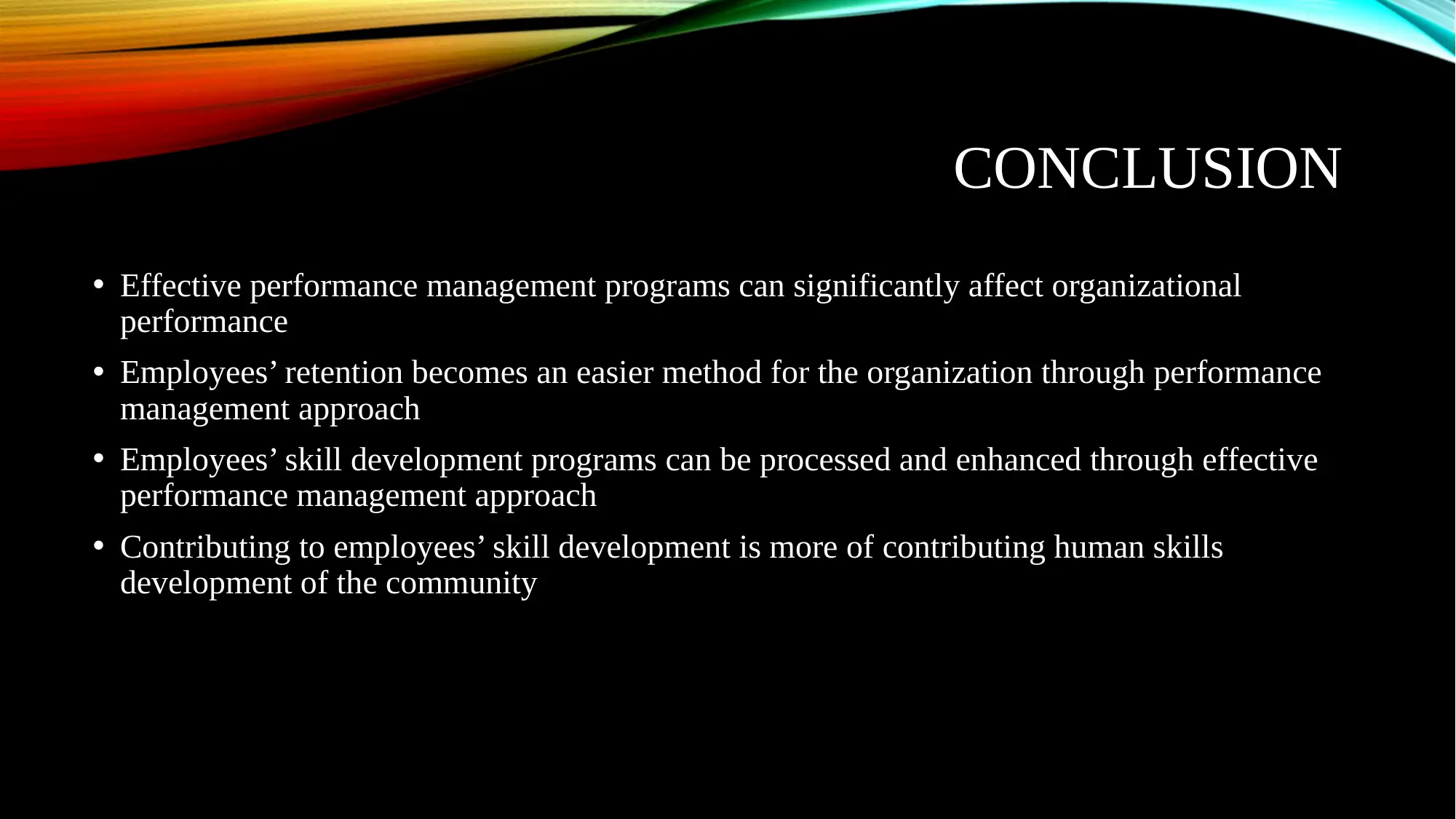
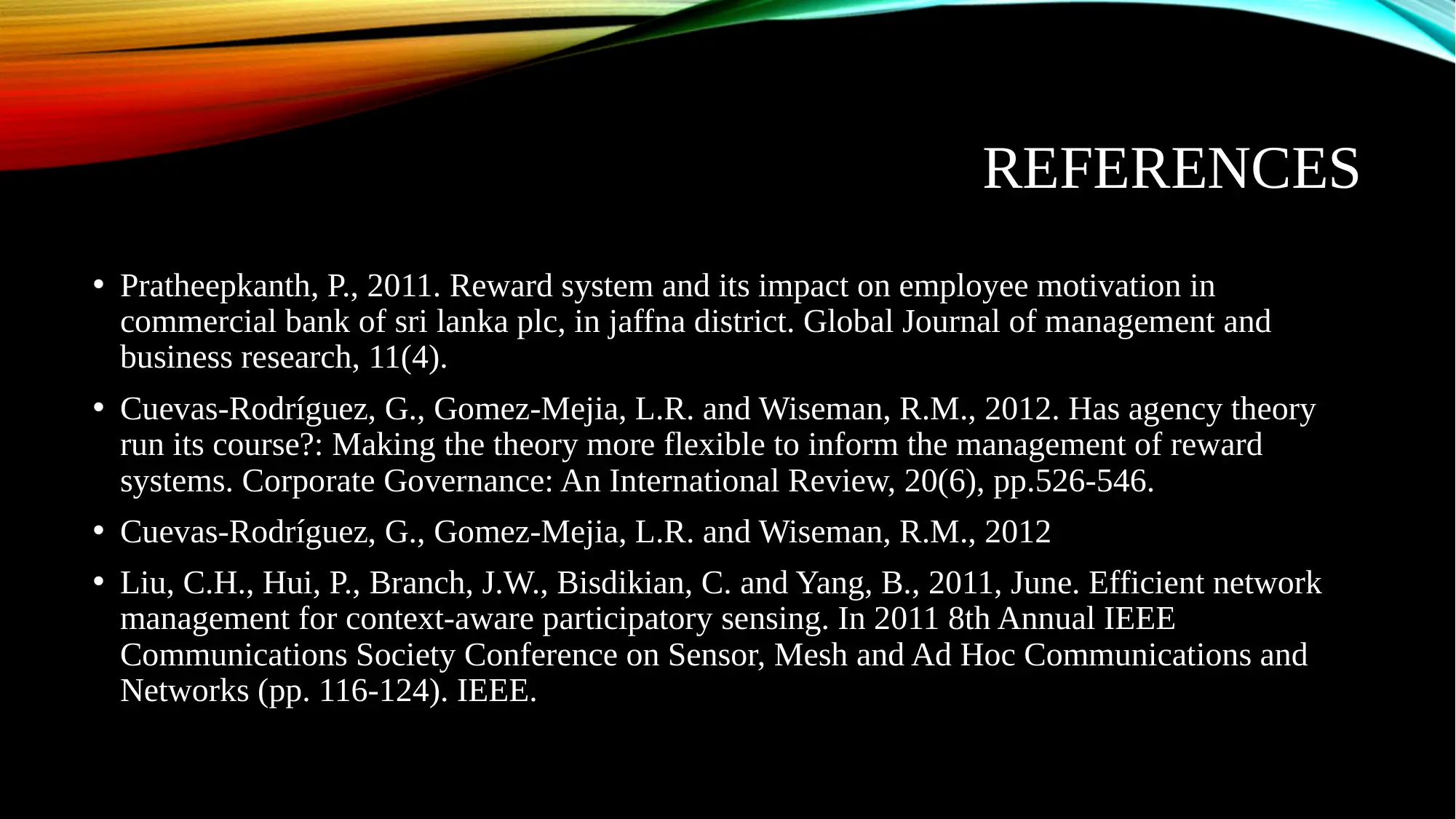




![[object Object]](/_next/static/media/star-bottom.7253800d.svg)